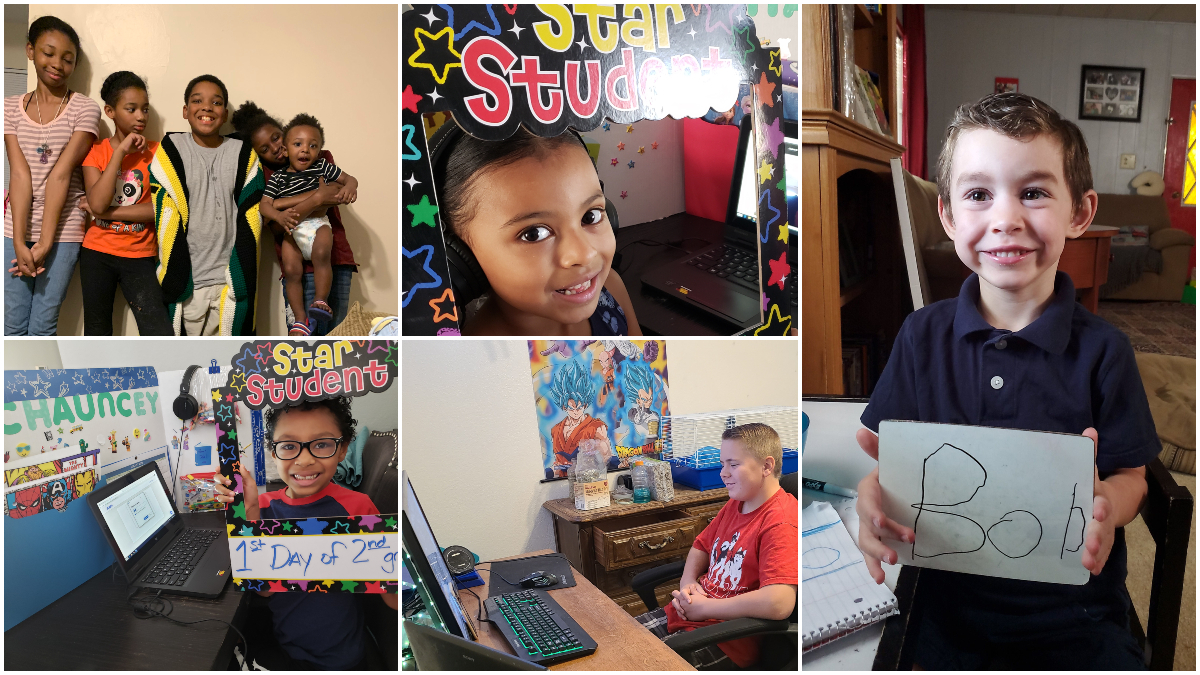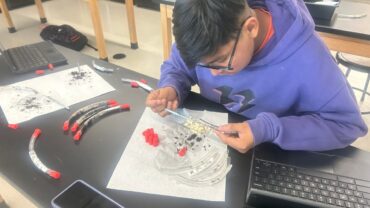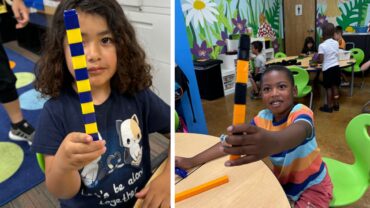iLEAD Lancaster Charter School Culture: Social Intelligence

In the iLEAD Lancaster Charter School approach to project-based learning, which produces well-rounded kids, social intelligence is a key component of whole-child development.
What do we mean by social intelligence? It’s a person’s ability to interact well with others. It’s often simply called people skills, or tact. It isn’t necessarily a natural-born characteristic, but it can be learned. It involves situational awareness, understanding of social dynamics, and self-awareness.
In a nutshell, it’s the ability to recognize our emotions, exert control over them, show empathy for others, handle conflict well, and make good choices. By helping kids develop social intelligence, we empower them to build stronger relationships and lay the groundwork for bright futures.
Social intelligence isn’t static; it continually develops throughout one’s life. It’s never too late to sharpen it, and children are especially ready to learn. Educating children on healthy communication helps them to be a friend who is empathetic, generous, kind, and a good listener. There are four main characteristics of social intelligence:
Empathy: Empathy determines how well one relates to other people’s thoughts and emotions. Empathetic people consider and understand diverse perspectives, even if they don’t share the same ideas. They can pick up on a person’s mood and adjust their reactions accordingly.
Respect: Mutual understanding calls for a degree of respect. Respecting others can mean adapting communication styles to fit their needs, or finding a healthy compromise.
Behavior: This component concerns how people carry themselves in social situations. Are their actions appropriate for the setting? Do they make others feel relaxed or uncomfortable? A person must be able to adapt when necessary while maintaining their core values.
Self-efficacy: This characteristic refers to how a person judges themselves on their capacity to perform particular tasks. If someone has a stable sense of self-efficacy concerning social intelligence, they’re confident in their social abilities.
These skills are reinforced in school, but the foundations are set at home, which is one reason why iLEAD Lancaster believes in strong parent/guardian involvement in the educational process.
We can do the following to develop our social intelligence:
- Pay close attention to what and who are around us
- Work on increasing our emotional intelligence
- Respect cultural differences
- Practice active listening
- Appreciate the important people in our lives
Much like the other components of the iLEAD Lancaster approach to education, the development of social intelligence builds strengths in kids, as well as sharpening all the other pillars of social-emotional and project-based learning — resulting in well-rounded kids who are ready for whatever challenges life may bring.
RECENT POSTS

Developing Leaders through Project-Based Learning at iLEAD Lancaster
At iLEAD Lancaster, a free public TK-8 charter school in Lancaster, CA, we believe that every child is a leader. That’s why we’ve integrated Project-Based Learning (PBL) as a cornerstone… Read more

Free Summer Meals for Kids & Teens
We want to make sure all our families have access to meals this summer. Nutritious summer meals are available for all individuals ages 18 and under at nearby locations. Meal… Read more

International Day of Play 2025: Celebrating the Power of Play at iLEAD Lancaster
Join us in celebrating International Day of Play on June 11! After decades of research, the evidence keeps building that the best way for children to learn and thrive is through… Read more


